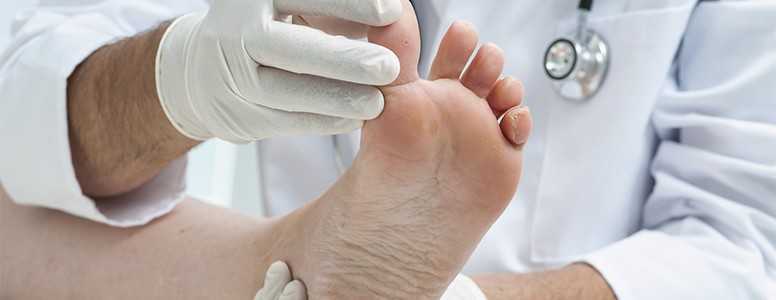Being deficient in vitamin D could increase the risk of developing type 2 diabetes, according to a new study.
The research from US and South Korean scientists builds on existing studies linking vitamin D deficiency to type 2 diabetes risk, but the mechanisms behind this association are not fully understood.
The study team now plans to investigate whether supplementation could prevent type 2 diabetes or the transition of prediabetes to diabetes.
A cohort of 903 healthy adults were studied, none of whom had signs of prediabetes or type 2 diabetes between 1997-1999. They were then followed until 2009, with researchers periodically measuring their vitamin D levels and blood sugar levels.
The researchers established the minimum healthy vitamin D level to be 30 nanograms per millilitre. Those found to meet that level had one-third of the risk of developing diabetes compared to those below this level, and those with levels of 50 ng/ml had one-fifth of the risk.
Those whose vitamin D levels were below 30 ng/ml were found to be up to five times more likely to develop type 2 diabetes compared with the 50 ng/ml group.
A strong association exists between vitamin D deficiency and type 2 diabetes risk, and it is believed that vitamin D can improve insulin sensitivity, while some researchers also theorise that vitamin D helps to regulate insulin production in the pancreas.
Researchers are still aiming to establish a cause-and-effect or whether this is merely an associatio, although some studies have shown supplementation can help vitamin D deficient people with type 2 diabetes achieve better blood sugar control.
Signs of vitamin D deficiency include bone pain and muscle weakness, and you should visit your GP if you believe you may be vitamin D deficient who can send you for a blood test. You should also consult with your doctor before taking supplements in case this may interfere with any existing medication.
The findings of the study appear online in the journal PLOS One.
What's new on the forum? ⭐️
Get our free newsletters
Stay up to date with the latest news, research and breakthroughs.






